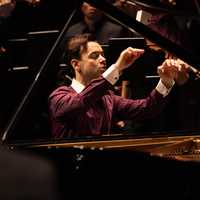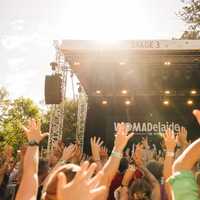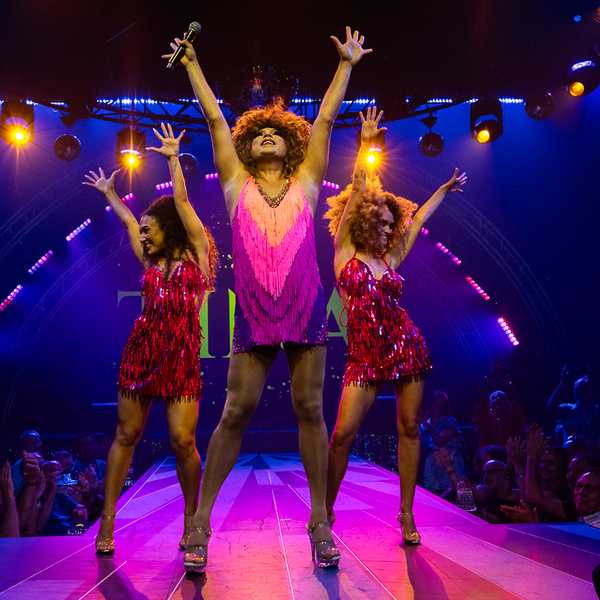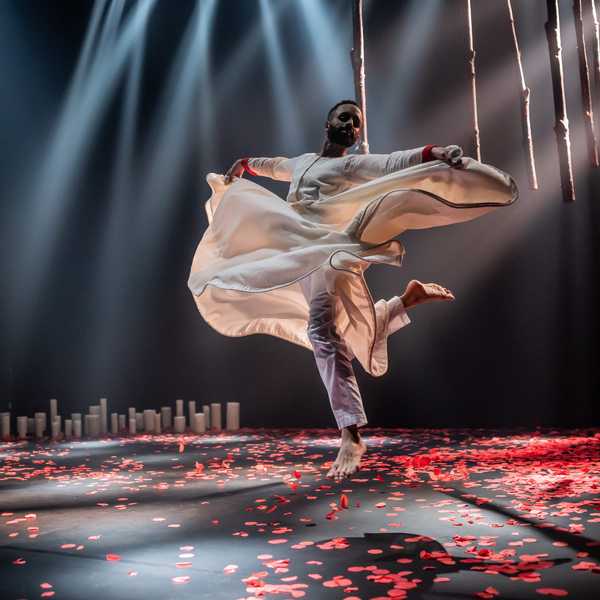Approx. 6 minute read
Alex Silver has earned the utmost respect (and general street cred) in the jazz music world for her performance chops, composition sensibility and for being something of a pioneer for women in jazz as the inaugural recipient of the Jann Rutherford Memorial Award.
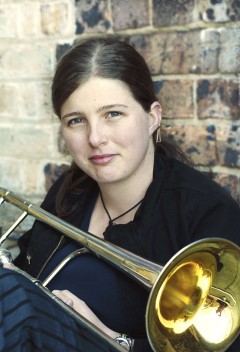
I had the pleasure of first encountering Alex as a tutor at the SIMA Young Women’s Jazz Workshop a few years back when, to be perfectly honest, I was somewhat extending the criteria to qualify as ‘young’, but I absolutely had to get my fix of the fantastic opportunity before I got any older! She always sticks out in my fond memories for her down-to-earth nature paired with her unquestionable passion for jazz and all its glorious theoretical technicalities (which she so obviously liked to ‘geek-out’ on). Now, Alex joins me in the celebratory penultimate interview for my Shout Sister Shout series.
Sonia de Freitas: Hi Alex, how are you and where does our interview find you today?
Alex Silver: Today finds me at home in Sydney on a very wet day hanging out with my kids!
SdF: Can you tell me about your journey in music? When did you know that you were going to make music your career?
AS: I think I knew pretty early on that this was what I wanted to do. I remember seeing the band, The Catholics, perform when I was 10 which was what introduced me to jazz and by the end of primary school I was convinced that this was what I wanted to do.
SdF: You have composed so many incredible jazz numbers over the years- I recall jiving to a particular groovy number, Beamer, performed by Pharos (formerly the Sydney Women’s Jazz Collective) at the Sydney International Women’s Jazz Festival– and as a performer your solos stand out! Can you tell me about your creative process when producing this work? Is there anything particular you do that is special to your creative process?
AS: I’m glad you enjoyed it! I don’t think there’s anything particularly special about my creative process as all my compositions seem to come about differently. Predominantly though, I start composition on the trombone as I find that the ideas tend to flow more fluidly that way. As most of my music is written to be played on the trombone that also seems to make the most sense as the composition is written in the most logical way for my instrument. When I’m composing for other groups, particularly larger ensembles, I tend to compose differently as the way it is going to be performed is different and I spend much more time at the piano. I guess it just depends on what group I’m writing for (and what I’ve been listening to lately!)
Excerpt of Beamer composed by Alex Silver. Performed by Pharos at SIMA Sydney International Women’s Jazz Festival. October 2020
SdF: Who is your sounding board? There must be someone that you trust to give you brutally honest feedback on your music. How do they fit into the process?
AS: My husband Karl is an amazing bass player and also plays in my band SNAFU. I usually try things out with him before I take them to the band. He’s definitely brutally honest when things aren’t quite right which I really appreciate as he always gives me ideas about alternatives that may work better.
SdF: What was the first song that you remember making an impact in your life and why was/is it so important?
AS: I don’t think it was so much a song as an album. As I mentioned, I saw The Catholics play when I was 10 at an outdoor festival in a beer garden and that influenced me hugely. I bought their album Simple and listened to it over and over for years. I think it was so important for me because it gave me such a different view of what music and jazz could be like compared to the music I was normally exposed to. James Greening’s trombone sound was also a big part of that as well as the amazing freedom that he plays with.
SdF: Have you experienced particular challenges as a female musician? How did you overcome these challenges and what do you think needs to change for others to avoid these challenges in the future?
AS: I think I’ve been very lucky overall that I have been fortunate enough to work with the right people for the most part that it hasn’t been a great issue. However, there have definitely been many times over the years where I’ve had to question that and wonder how things would be different if I had been male. There are always comments, even the joking ‘not bad for a chick!’ type thing which never fails to be offensive. I think the main thing that will help future musicians coming though is to make female jazz musicians more visible so that we are no longer viewed as a novelty and can simply be seen as musicians.
SdF: You do such great work to support women in music as a tutor at the SIMA Young Women’s Jazz Workshops and the work you do in the Pharos band. What drives you to lead these programs?
AS: I was very lucky to have strong female mentors when I was starting out, particularly Sandy Evans who started the Young Women’s improvisation workshops. I think that having that support early on is really important not only for giving young women the encouragement that is often needed to start improvising but also so that they can see other women who are out there doing it. I think it’s vital for starting to even out the gender imbalance in jazz
SdF: So, what’s on the horizon for you? Any projects you’re working on or new releases to share?
AS: With all the uncertainty that’s around at the moment I’m trying focus a bit more on composition. I’m also fortunate enough to play with some great bands that have gigs coming up in the next few months like Mike Nock’s Nocktet, Pharos and Divergence Orchestra so I’m looking forward to sinking my teeth into some new music with them.
SdF: Musicians come in many “flavours”; vocalists, pianists, bassists… ; if you weren’t a trombone player and composer, what flavour musician would you want to be and why?
AS: Probably a bass player- I definitely have more of an affinity with the lower instruments than anything else.
SdF: What advice would you give to any aspiring musicians out there?
AS: Get out there and see and listen to as much as you can. It’s by far the best way to learn!
To learn more about Alex Silver visit: alexsilverquintet.blogspot.com
For more information on International Women’s Day visit: internationalwomensday.com
Keep an eye out for my next instalment of the Shout Sister Shout series where I interview Dai Moret.
Did you miss the previous Shout Sister Shout instalment? Read Briana Cowlishaw’s interview here.
Share "Shout Sister Shout: Alex Silver (IWD 2021)"
Copy

